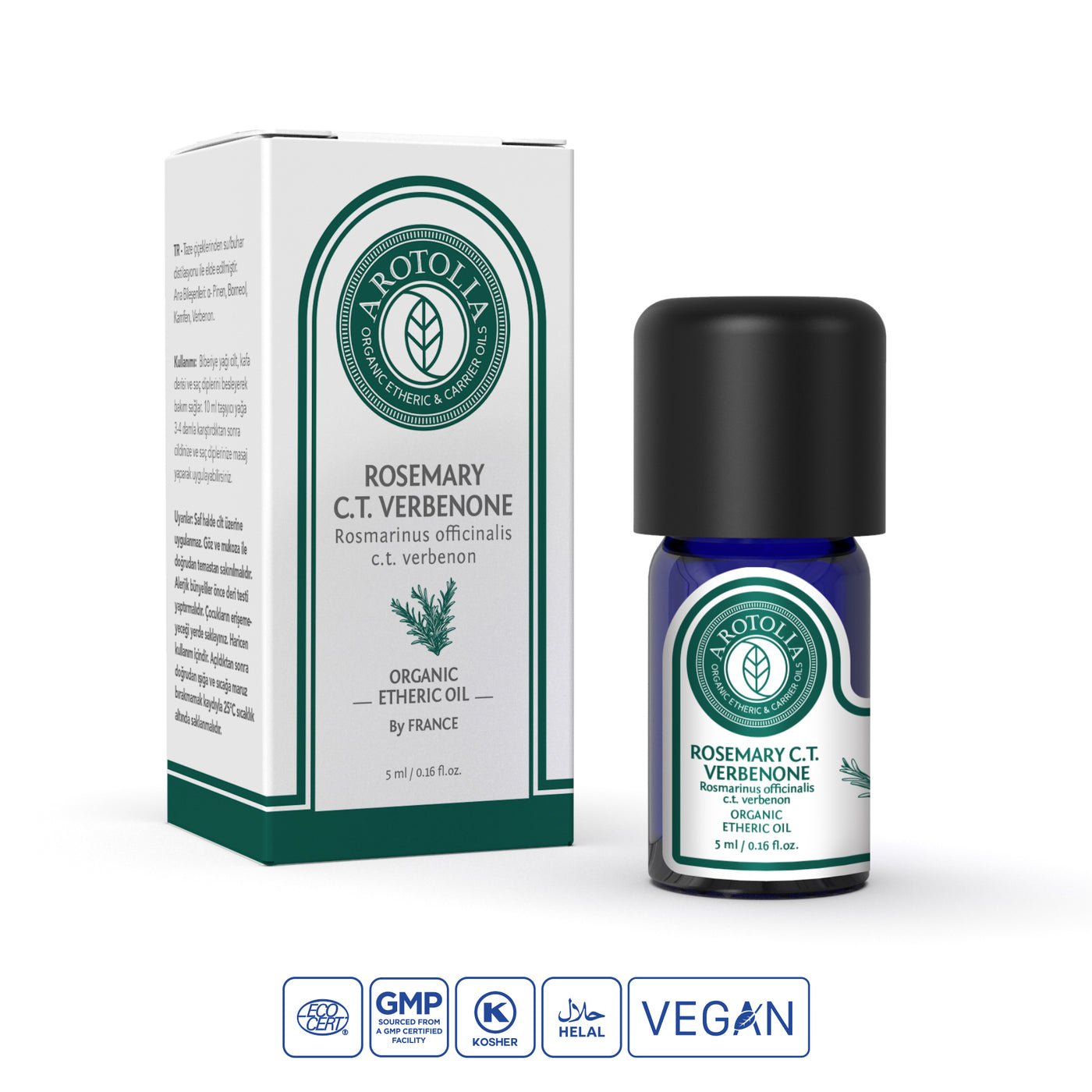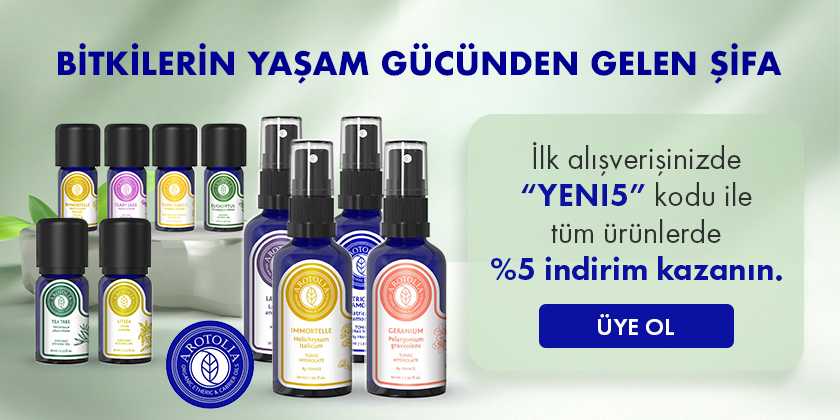In the process extending from past ages to present, although modernized humanity has developed in many aspects, it has lost and cannot replace something: attention! Attention consists of several parameters such as the ability to focus, visual and numerical memory. In today's world, the number of children with attention deficit or hyperactivity disorder, as well as adults with diseases that cause memory problems such as Alzheimer's, is increasing. Aromatherapy, which is an accessible, fast and effective treatment method that does not cause side effects for different age groups and populations, is one of the main techniques that provides the elimination of this deficiency. In the past, people used many essential oils with trial and error methods and observations without any scientific evidence. One of these oils that was widely used was rosemary. Over time, the effects of rosemary oil on the nervous system were proven. Objective indicators of the autonomic nervous system are body temperature, heart rate, respiratory rate and blood pressure. The results obtained by evaluating this data of the participants before and after the aromatherapy sessions showed the stimulating effects of rosemary essential oil on brain wave activity. In another study, the effects of aromatherapy were examined in elderly participants, some of whom suffered from Alzheimer's disease. Participants who received inhalation sessions with the specified oils morning and evening for 28 days had a positive effect on their cognitive indexes. Apart from this, there are also studies examining the effects of different doses of rosemary extract on learning and visual memory. This study examined the effects of aromatherapy sessions on the survival of neurons in the hippocampus (the region of the brain responsible for the transition of short-term memory to long-term memory). According to the results, the specified dose of rosemary extract contributed to the retrieval of information from memory! It was even determined that the use of small doses of rosemary in meals had positive effects. In 2017, it was stated that the effect of rosemary oil on short-term visual and numerical memory was investigated in Ukraine. However, the researchers drew attention to an interesting point in their publication before announcing the results. There was evidence that preferences for essential oils could be related to gender and ethnicity. One study evaluated the attractiveness of essential oils among Spanish and Latin American middle school students. The results of the study showed that inhalation of orange essential oil was associated with happiness in girls. Spanish girls also found the scent of orange essential oil to be more sedating than Latin American girls. Latin American boys, on the other hand, described the scent of mint as "energetic" more often than Spanish students. Here, the researchers noted that Ukraine, a multiethnic state, has a very diverse and unique taste sensibility.





